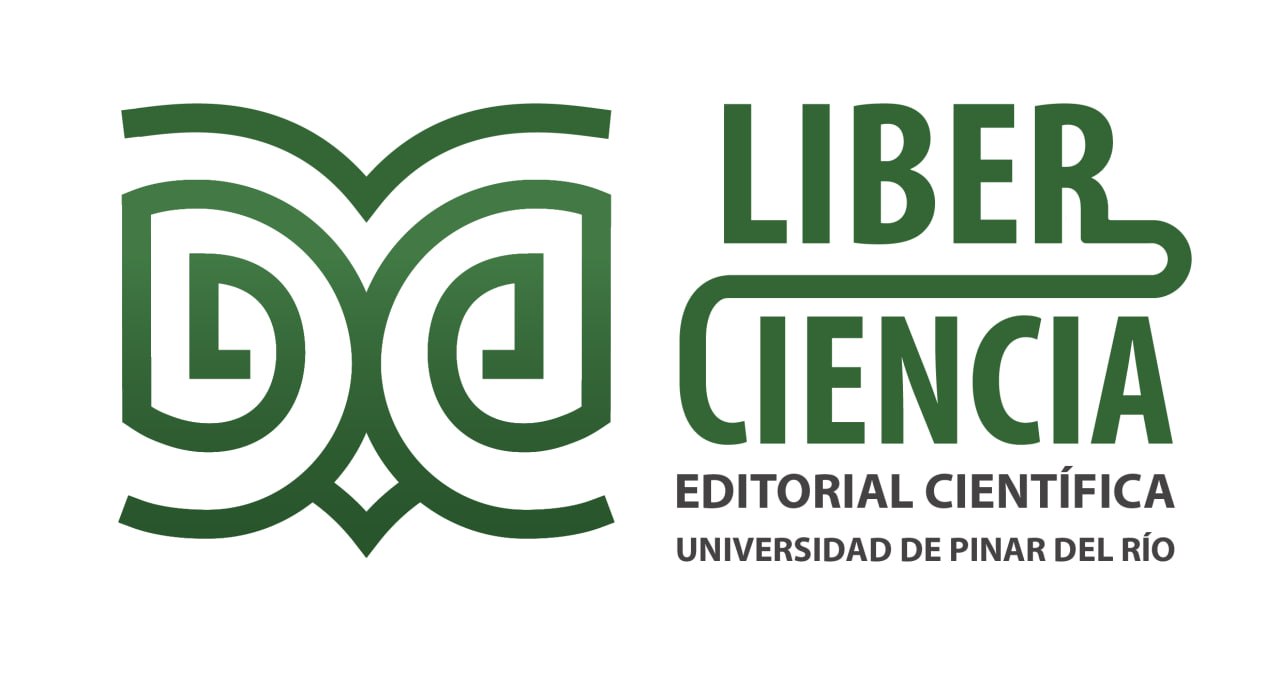Internationalization of the curriculum and contribution to the doctoral training process at the Agrarian University of Havana XII Taller Internacional de "Internacionalización de la Educación Superior"
Main Article Content
Abstract
Cuban higher education institutions are increasingly assuming the significance of developing, in an intentional manner, actions conducive to the internationalization of teacher training, research and curriculum, so they face challenges to devise strategies to promote international collaboration, particularly the training of doctors with international competencies. At the "Fructuoso Rodríguez Pérez" Agrarian University of Havana, intensive work was done to respond to the national and institutional demand to increase the training of doctors in the province of Mayabeque. The objective of this work was to determine the key learning factors for the internationalization of the doctoral training process in this university. As results, the theoretical conception of the internationalization of the curriculum and the process of doctoral training was analyzed, in order to improve the quality and relevance of the profile of its graduates, units of analysis such as internationalization, internationalization of the curriculum and key learning factors such as academic collaboration agreements, joint and double programs, institutional policy of language learning, academic mobility, knowledge production and quality assessment and international accreditation, were related in order to establish challenges and challenges.
Article Details

This work is licensed under a Creative Commons Attribution-NonCommercial 4.0 International License.
References
de Wit, H., Hunter, F., Howard L., & Egron Polak, E. (eds). (2015). Internationalization of Higher Education. European Parliament, Directorate-General for Internal Policies, Brussels. http://www.europarl.europa.eu/studies
Gacel-Ávila, J. (2018). Educación superior, internacionalización e integración en América Latina y el Caribe. En Conferencia Regional de Educación Superior De América Latina y el Caribe. https://unesdoc.unesco.org/ark:/48223/pf0000372633
Gacel-Ávila, J., & Rodríguez-Rodríguez, S. (2018). La internacionalización de la educación terciaria en América Latina y el Caribe: Avances, tendencias y visión a futuro. En Educación superior, internacionalización e integración en América Latina y el Caribe. Balance regional y prospectiva (pp. 57-88). Caracas: UNESCO IESALC.
Hunter, F., & de Witt, H. (2015). El futuro de la internacionalización de la educación superior en Europa. International Higher Education, (83), 2-4. https://ceppe.uc.cl/images/stories/recursos/ihe/Numeros/83/art_1.pdf
PCC. (2016). Plan nacional de desarrollo económico y social hasta 2030: propuesta de visión de la nación, ejes y sectores estratégicos. http://debateplural.com/2016/07/12/plan-nacionaldedesarrolloeconomico-y-social-hasta-2030-propuesta-de-vision-de-la-nacion-ejesysectoresestrategicos/
Saborido Loidi, J. R. (2018). Universidad, investigación, innovación y formación doctoral para el desarrollo en Cuba. Revista Cubana de Educación Superior, 37(1), 4-18. http://scielo.sld.cu/scielo.php?script=sci_arttext&pid=S0257-43142018000100001&lng=es&tlng=es
Saborido Loidi, J. R. (2020). Universidad y desarrollo sostenible. Visión desde Cuba. Conferencia inaugural Congreso Universidad. La Habana: MES.
Sebastian, J., & Barrere, R. (2018). Internacionalización de la investigación en América Latina y el Caribe. En Educación superior, internacionalización e integración en América Latina y el Caribe. Balance regional y prospectiva. UNESCO. https://unesdoc.unesco.org/ark:/48223/pf0000372633
Villavicencio, M. V. (2019). Internacionalización de la Educación Superior en Cuba. Principales indicadores. Economía y desarrollo, 162 (2), 1-13. http://scielo.sld.cu/scielo.php?pid=S0252-85842019000200011&script=sci_abstract




